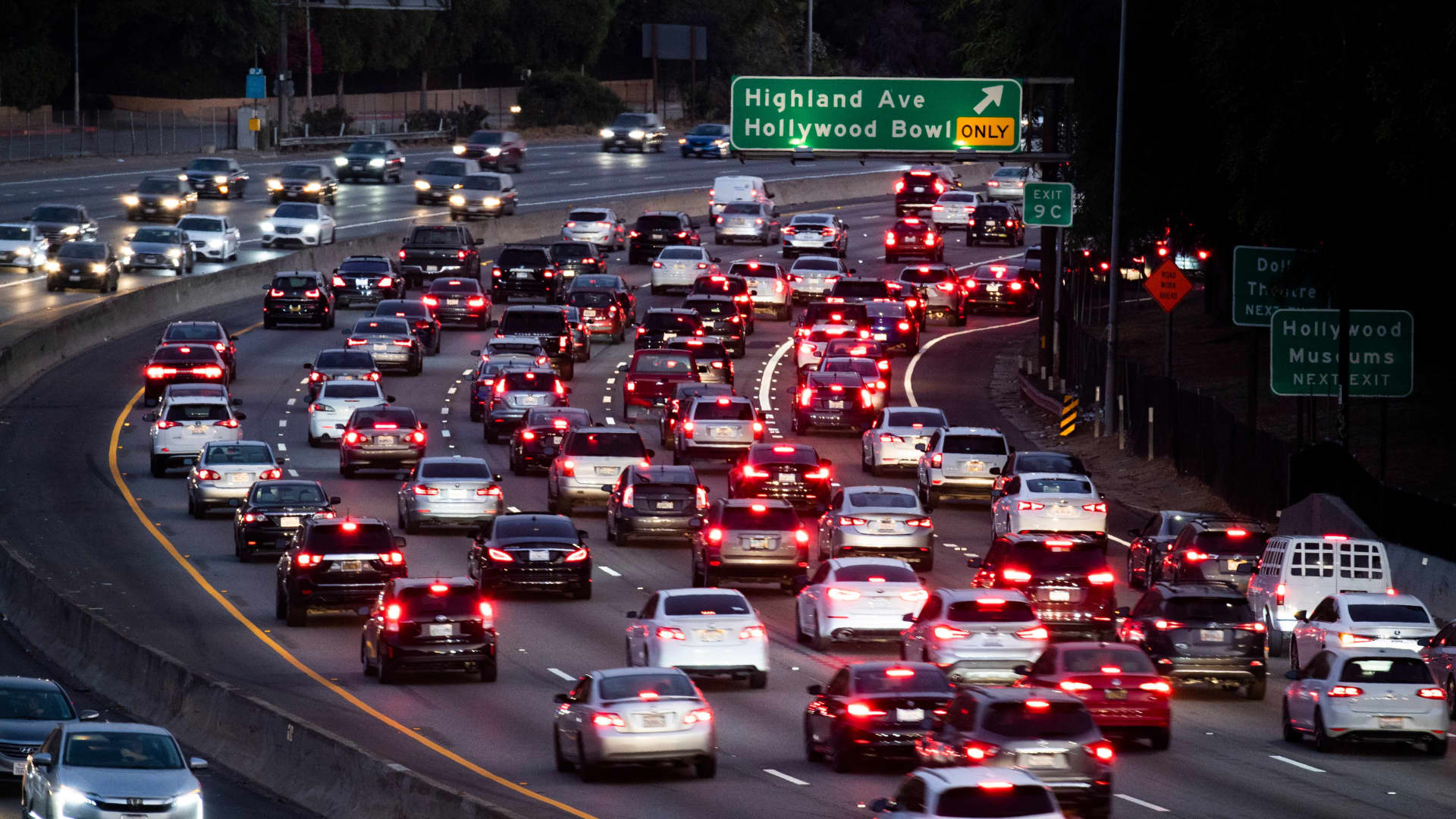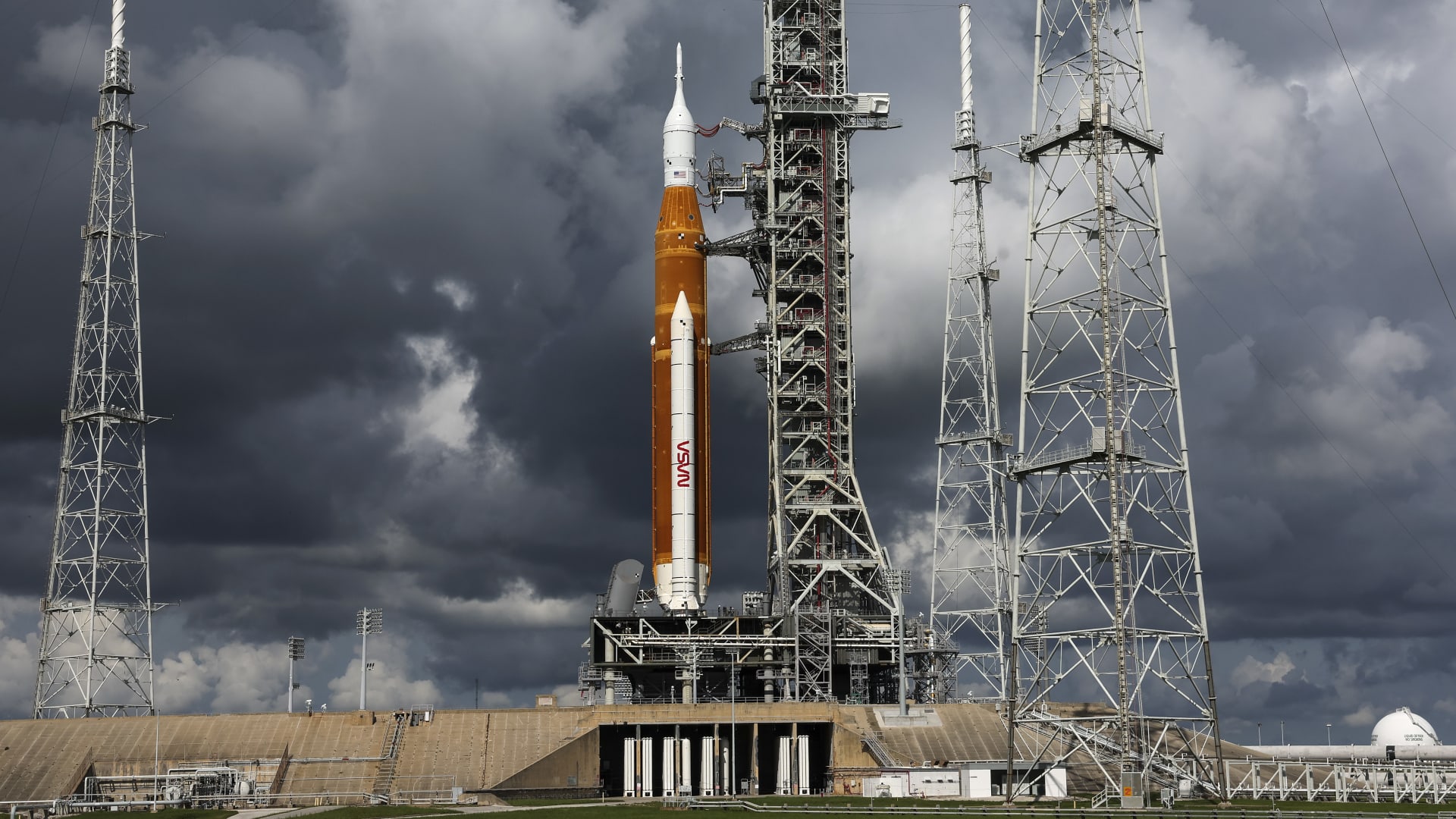US Markets
Thursday, January 25th, 2024 4:58 pm EDT
Key Points
- Commercial Production of Hydrogen Fuel Cell Systems: General Motors (GM) and Honda have initiated commercial production of hydrogen fuel cell systems through a joint venture called Fuel Cell System Manufacturing LLC. This 50-50 partnership has established an $85 million facility in suburban Detroit, marking the first large-scale production of its kind in the U.S. The companies are independently marketing and selling the products.
- Historical Moment for Fuel Cell Technology: Executives from GM, Honda, and the joint venture emphasize that the commencement of commercial production represents a historical moment for fuel cell technology. The highly automated process involves complex production with expensive materials such as platinum and carbon fiber. Each fuel cell system consists of 307 vertically stacked cells.
- Strategic Timing and Opportunities: The collaboration between GM and Honda on fuel cell systems began in 2013. With tightening emissions regulations, technological advancements, and increased attention on environmental, social, and corporate governance (ESG) efforts, there is a clear opportunity for fuel cells. Both companies see potential in various applications, including generators, heavy-duty trucks, semitrucks, and construction equipment. The strategic move comes amid efforts to scale capabilities, reduce costs, and explore feasible segments for fuel cells beyond battery-electric vehicles. Despite challenges, including consumer acceptance and infrastructure concerns, the joint venture aims to capitalize on the growing interest in hydrogen-based solutions.
General Motors (GM) and Honda have initiated commercial production of hydrogen fuel cell systems through their joint venture, Fuel Cell System Manufacturing LLC, based in suburban Detroit. This $85 million facility represents a 50-50 partnership between the automakers, and they are marketing and selling the products separately. The joint venture marks the first large-scale production of its kind in the U.S. Many in the automotive industry see fuel cells as potential replacements for diesel in generators, heavy-duty trucks, semitrucks, and construction equipment. The move comes amid tightening emissions regulations, technological advancements, and increased focus on environmental, social, and corporate governance (ESG) efforts. Executives from both companies and the joint venture consider this a historic moment for fuel cell technology, which has been in development for decades. The collaboration between Honda and GM began in 2013, and the complex, highly automated process involves the use of expensive materials like platinum and carbon fiber. Each fuel cell system consists of 307 vertically stacked cells. Honda plans to introduce its fuel cell system in vehicles, starting with a crossover based on the CR-V, while GM aims for applications in backup power stations and large trucks. Honda targets sales of approximately 2,000 fuel cell systems annually by 2025, increasing to 60,000 units in 2030 and several hundred thousand units per year by the second half of the 2030s. GM sees fuel cells as supplementary to its plans for battery-electric vehicles, with a focus on ending production of traditional gas-powered vehicles for consumers by 2035. Despite challenges such as consumer acceptance, fueling infrastructure, and cost, fuel cells are expected to enter commercial applications, particularly in trucking with set routes and destinations. Notably, Tesla CEO Elon Musk has been critical of fuel cells, referring to them as “fool cells” and expressing skepticism about their viability.
For the full original article on CNBC, please click here: https://www.cnbc.com/2024/01/25/gm-honda-begin-us-fuel-cell-production.html




